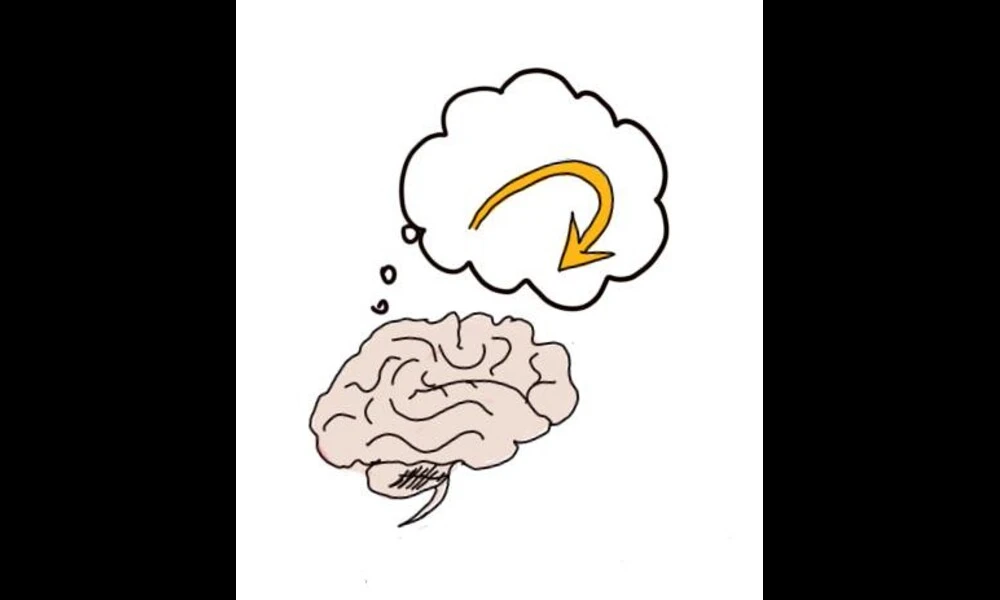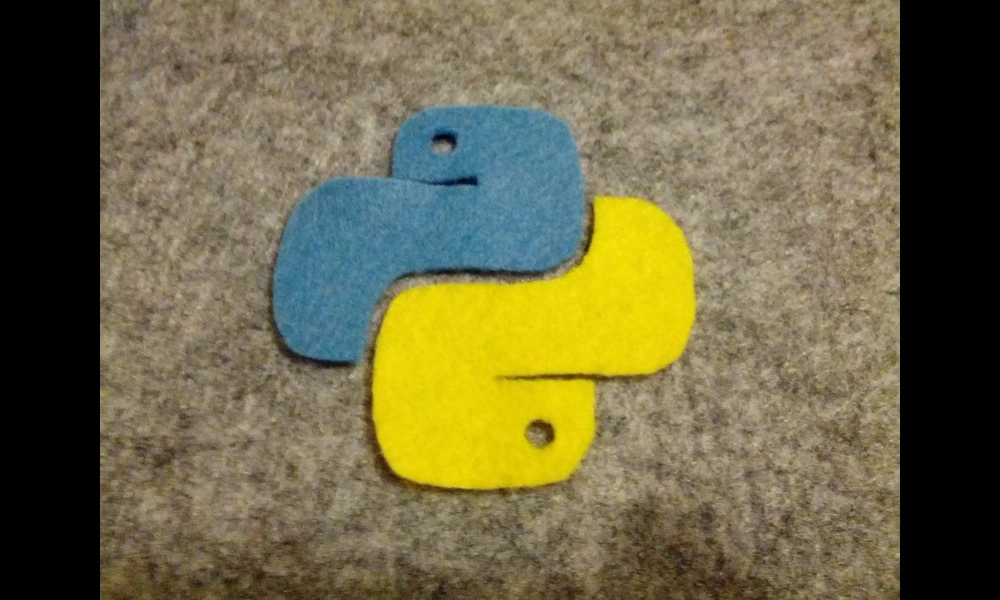How Metacognition Drives Confidence and Uncertainty
Published on Thu Jul 06 2023 metacognition and self directed learning | Giulia Forsythe on Flickr
metacognition and self directed learning | Giulia Forsythe on Flickr
A new paper titled "Metacognition and Confidence: A Review and Synthesis" explores the neural basis of confidence and uncertainty and its impact on metacognition. The paper provides a roadmap for bridging the gap between the neuroscience of confidence, which focuses on subpersonal representations of uncertainty, and metacognition research, which examines personal-level beliefs about performance. The author argues that understanding the role of confidence in real-world metacognition requires focusing on propositional confidence, which refers to confidence in one's own hypothetical decisions or actions. This type of confidence is influenced by the observer's models of the world and their cognitive system, which can explain why metacognitive judgments sometimes diverge from task performance.
The value of this research lies in its potential to shed light on how accurately we estimate our uncertainty or confidence in various cognitive processes. Miscalibrated confidence in our abilities can lead to failure, even when we possess the necessary skills. For example, if we believe we have a secure understanding of a topic when our knowledge is actually shaky, we may neglect studying and be unprepared on exam day. Additionally, this research could help us recognize when our cognitive abilities, such as vision, memory, or hearing, are failing and prompt us to take corrective actions. Metacognitive dysfunction has been identified as a source of maladaptive behavior in educational, clinical, and societal contexts, so understanding the cognitive processes underlying metacognition can have significant implications for improving our overall cognitive performance.
The paper suggests that bridging the gap between confidence research and metacognition research can provide a more comprehensive understanding of metacognition. It emphasizes the importance of considering propositional confidence and how different computational components of confidence formation interact. By integrating the findings from both fields, researchers can develop a common framework and gain insights into the neural basis of uncertainty and performance monitoring. This integrated approach could also pave the way for the development of new metacognitive interventions using a refined understanding of the computational components of confidence.
The paper raises several future research questions, including the exploration of common computational principles that constrain metacognitive capacity across domains, the development of computational models to capture model-based influences on metacognition, and the investigation of whether model-based influences on metacognition share resources with theory of mind. Researchers will also need to determine if the models of confidence developed in controlled laboratory experiments can be applied to naturalistic scenarios. Ultimately, the goal is to develop novel metacognitive interventions that can enhance our ability to accurately assess our confidence and improve our cognitive performance.



